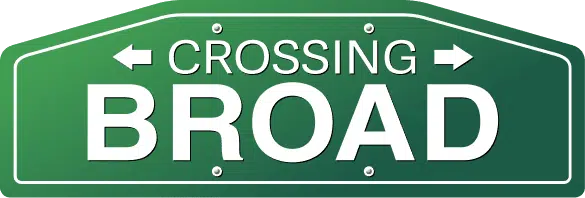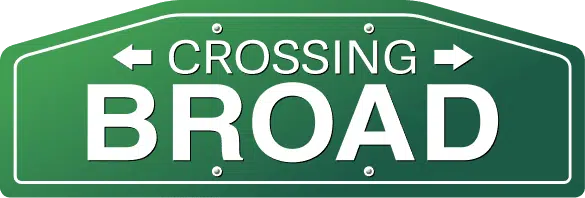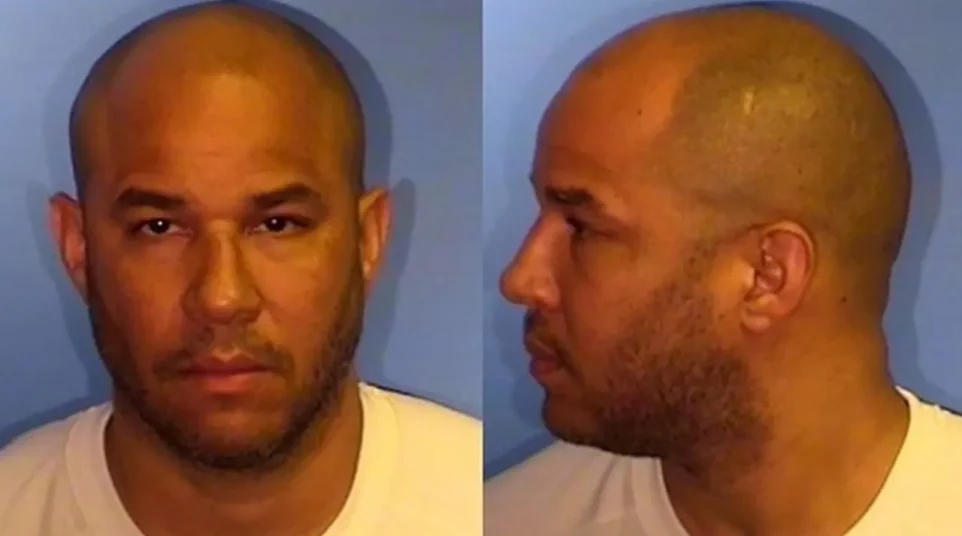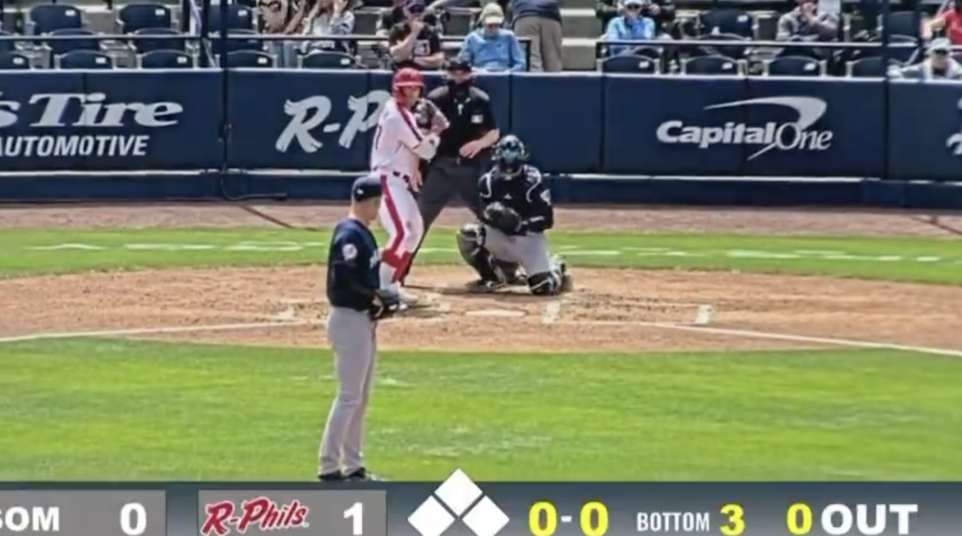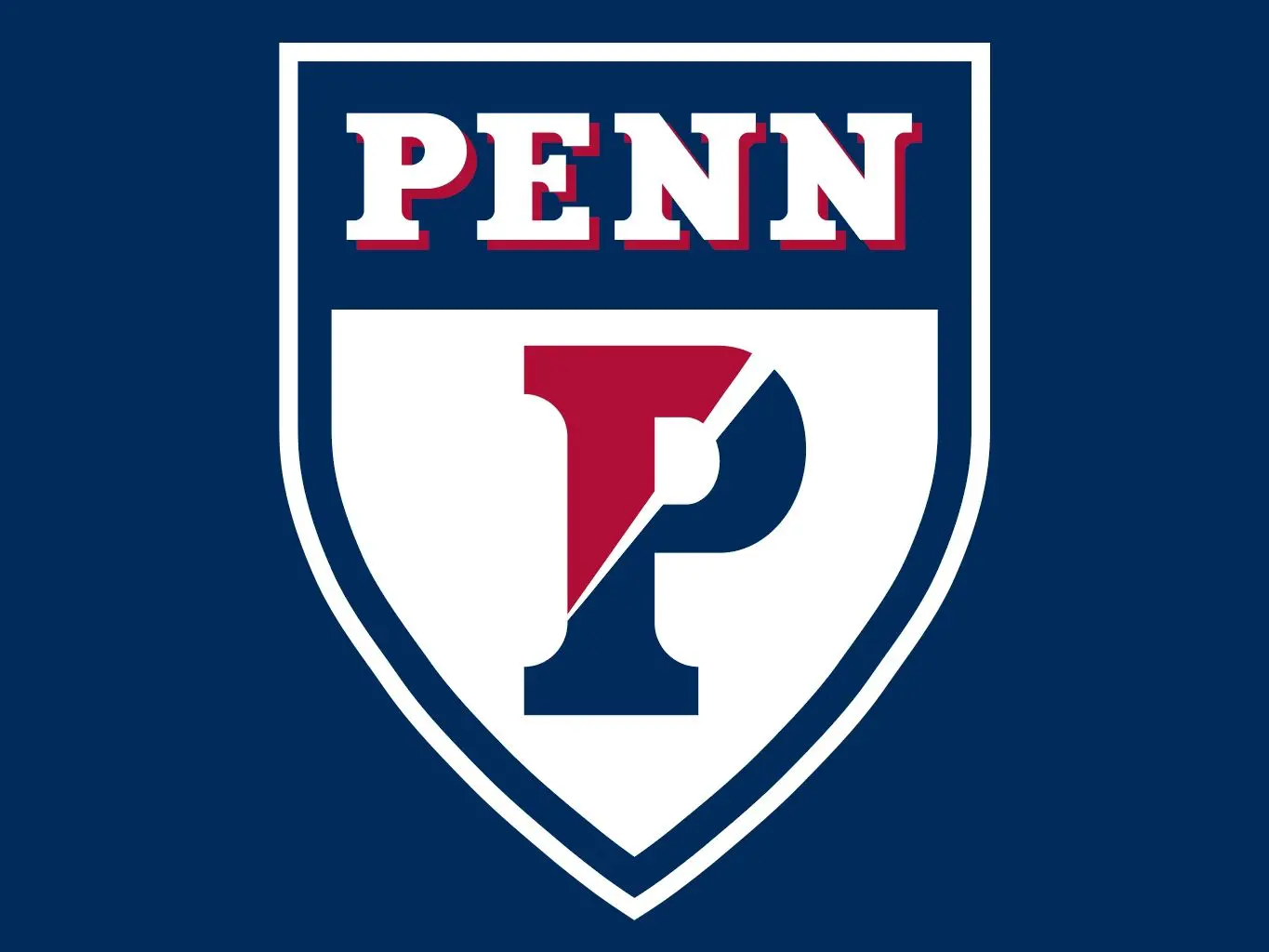
Jerome Allen Gets 15-Year Penalty, Penn Also Receives Probation For Whatever Reason
It was a little more than a year ago when former Penn basketball coach Jerome Allen pleaded guilty to a felony count of money laundering after taking a bribe of more than $250,000 from the father of a prospective recruit.
Allen, who is now an assistant on Brad Stevens’ Boston Celtics staff, was hit today with a 15-year show cause penalty while Penn was given a handful of sanctions as well.
According to a resolution agreement negotiated between the university and the NCAA, the sides agreed that Allen’s actions “resulted in multiple tryout and recruiting contact violations in addition to accepting the supplemental pay without reporting it as athletically related income while employed at the university.”
The NCAA also placed the Quakers on two years’ probation, fined them $5,000, imposed a three-week ban on men’s basketball recruiting communications and reduced the number of recruiting days by seven.
The 15 year penalty for Allen is largely symbolic, since he’s probably never returning to the college game anyway. In simple terms, if he’s employed by a university again, he can’t do anything related to athletics unless employers can “show” why those restrictions should be lifted.
As for the probation and other things levied against Penn, it’s pretty lame and/or harsh, since Allen was acting for personal gain when he took money from Philip Esformes, who wanted his son Morris to play for the Quakers and attend the Wharton Business School. Penn had their program under control, and it wasn’t like they were benefiting from this; it was simply Allen taking a bribe that didn’t really tip the scales or create an unbalanced playing field.
That’s part of the argument in Penn’s statement addressing the sanctions:
Penn Athletics was proactive in this review and fully cooperated with NCAA enforcement staff. While Penn Athletics and its men’s basketball program accept the penalties handed down by the NCAA, it is unfortunate that this process did not fully differentiate wrongdoing for personal gain versus wrongdoing for competitive gain in penalizing the institution in addition to the involved individual. The University of Pennsylvania was harmed by the actions of its former head coach and the men’s basketball program received no competitive advantage. We are hopeful that this case will lead to changes in how the NCAA processes similar situations moving forward.
Allen was fired in March of 2015. A judge sentenced him to probation, house arrest, and community service while he was ordered to pay around $220,000 in fines and forfeiture.
